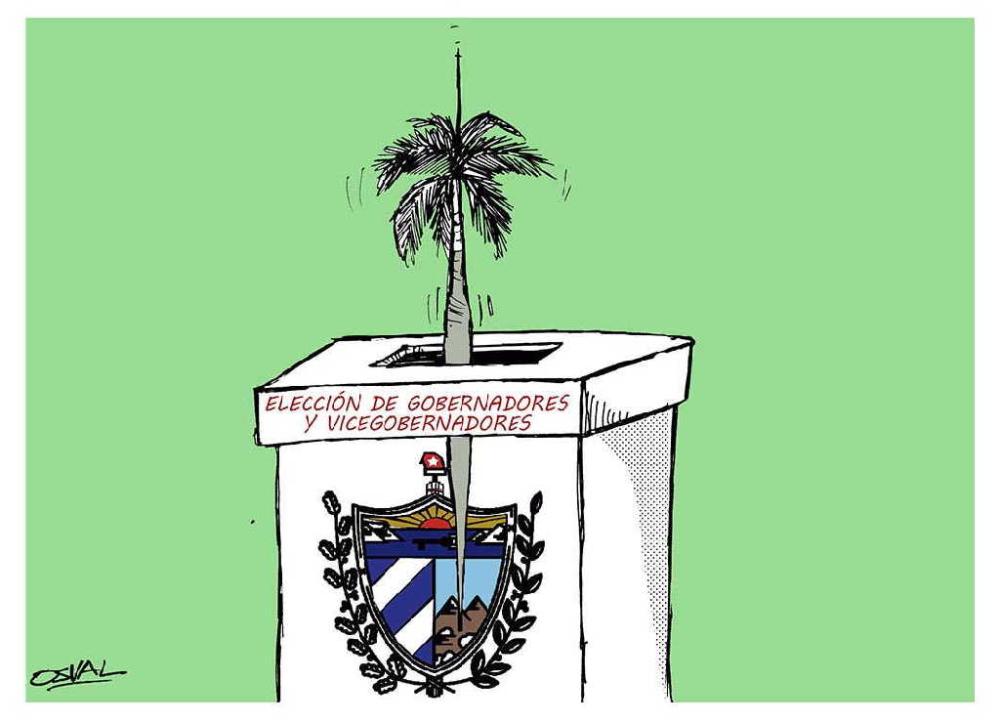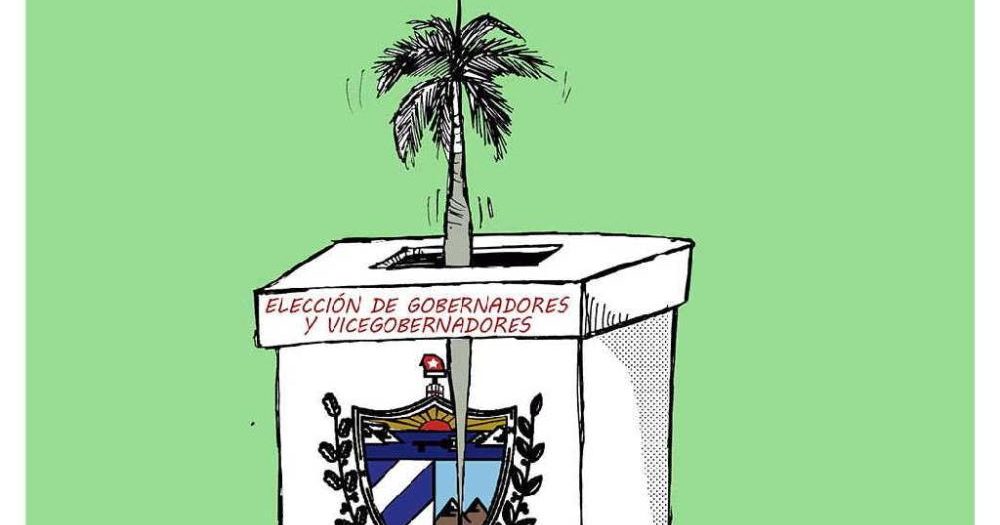
The election of these authorities on January 18th as stipulated in the new Constitution of the Republic, places the country on the path of more efficient government, a complex path, yes, complex but doable.
This is not a totally new beginning; work has begun, but governors and lieutenant governors will have their hands full after assuming their positions as the highest executive-administrative authorities at the provincial level.
The performance of these officials elected in a direct, secret ballot vote by delegates to Municipal Assemblies of People’s Power will determine just how quickly difficulties in a given province are resolved; how much progress can be made on challenging goals that, rather than intimidate, can motivate; and how structural changes are translated into effective work.
Absolutely nothing in their efforts can be formal; this is not simply a question of new offices with new authorities, but the determination to transform, to perfect, to impact Cubans’ daily life with improved quality of life and well-being.
The economic direction of a province, for example, must be conducted responsibly, consistent with national policies and strategic objectives and, at the same time, in line with the characteristics of the region.
The Constitution describes the Governor’s role as ” mandating and supervising the fulfillment of economic plans and the execution of the provincial budget,” going beyond checking numbers, about which so much is said and sometimes little done.
Beyond analyzing revenue collected, attention must be paid to the sectors generating income, and how much more can be contributed. Beyond reviewing expenses, the focus must be on the purpose of an allocation and evaluation of its impact. Beyond a list of problems outlined in detail, a bank of effectively implemented solutions must be developed.
Ensuring the successful completion of development and land use plans is another significant responsibility of this new office, as well as “presenting policy proposals that contribute to the comprehensive advancement of the province to the Council of Ministers, with the prior agreement of the Provincial Council.”
Who is best qualified to propose projects, if not those in charge of closely supervising them? Who can adequately determine what is best for the population, if not those carrying out the work in each territory?
The election of provincial governors and lieutenant governors is clearly a step forward in the country’s institutionality, and their performance, beyond dedication and the use of proven practices, must reflect foresight and a long-term view of development; an enterprising spirit seeking opportunities while assuming and managing risks; and a commitment to autonomy, for the good for all.
The people place their hopes for progress in governments. Achieving effective administration is now the great challenge facing those who have on their shoulders the running of a province.
 Escambray ENGLISH EDITION
Escambray ENGLISH EDITION





Escambray reserves the right to publish comments.